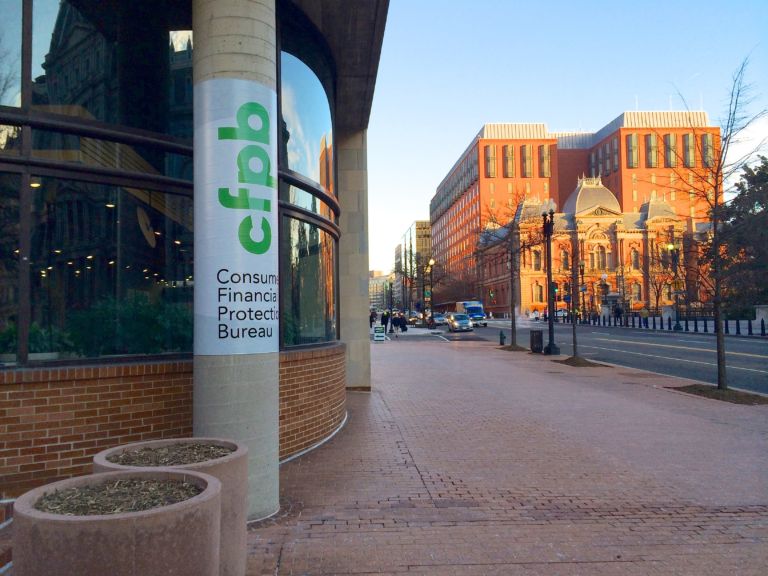Graham Piro of the Washington Free Beacon documents state-level efforts to safeguard religious freedom during a pandemic.
Republican-controlled state legislatures are moving to protect the right to religious worship from future government-ordered lockdown measures that have sparked legal challenges since the start of the pandemic.
Montana, Oklahoma, and Arkansas are pushing legislation that would further protect religious liberty in the wake of shutdown orders mandating that places of worship close their doors entirely or operate under significantly curtailed conditions. The Montana Religious Freedom Restoration Act, signed into law by Republican governor Greg Gianforte, establishes that the government “may not substantially burden a person’s right to the exercise of religion.” Oklahoma’s law, signed by Republican governor Kevin Stitt, similarly makes restrictions on religious worship because of an emergency more difficult to enforce. The Arkansas legislature went a step further and proposed an amendment to the state constitution that would establish similar protections for religious worship. The amendment will be voted on by Arkansas voters next year.
“Throughout 2020, we saw First Amendment rights being ignored in states across our nation,” state representative Brian Hill (R.), who authored Oklahoma’s legislation, said. “Based on the First Amendment and the Oklahoma Constitution, the undue burden created by blocking our places of worship from gathering was unacceptable and required a legislative response to insure that in Oklahoma this type of government overreach would not be tolerated.”
The state laws expand on protections for religious liberty that were enacted by the passage of the federal Religious Freedom Restoration Act in 1993. Montana joins 21 other states that have enacted their own expansions of the 1993 law. Montana’s legislation comes on the heels of a contentious year of restrictions on religious worship due to concerns about the spread of COVID-19.
The laws are likely to find a sympathetic Supreme Court, as it has repeatedly ruled against restrictions on religious worship during the coronavirus pandemic.


